Wonderful Info About How To Tell If You Have Internal Hemroids
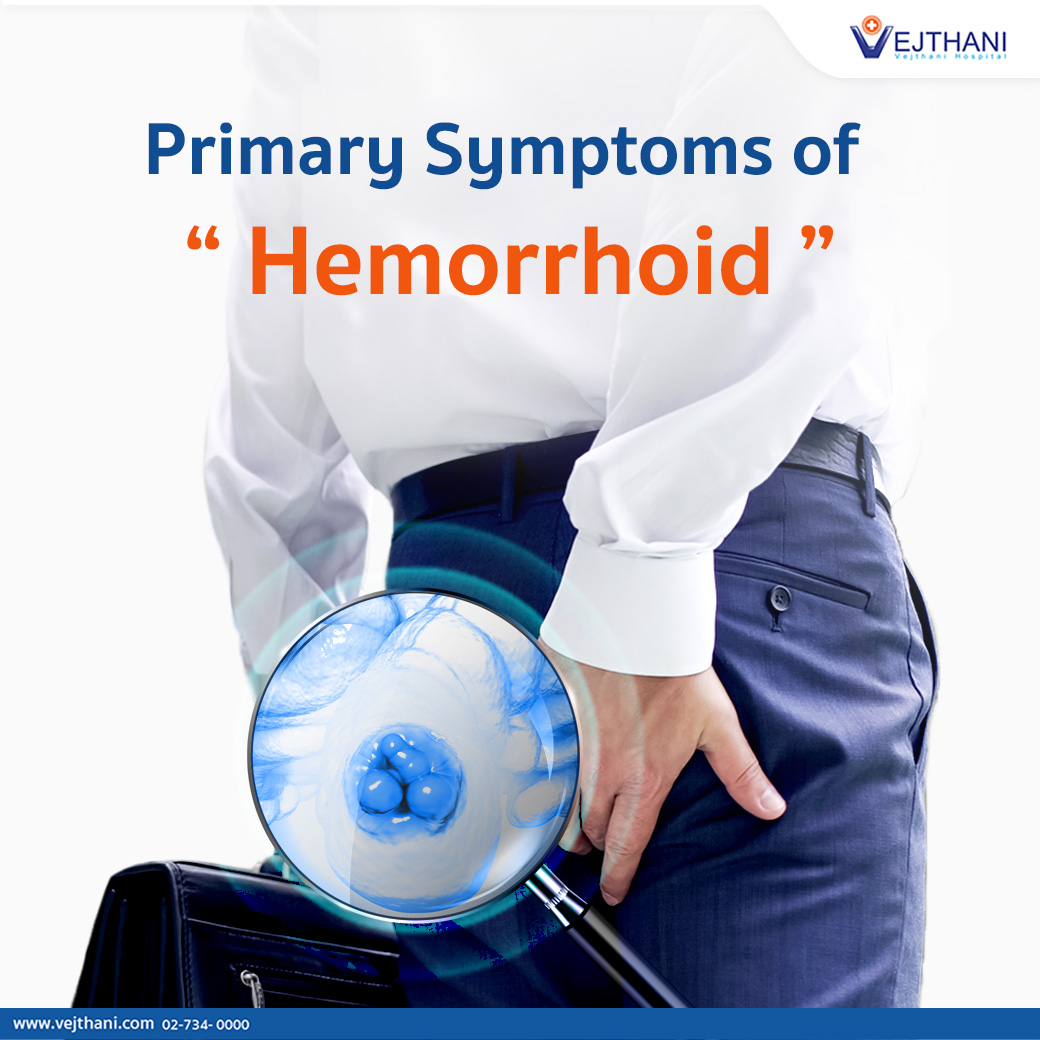
You might, for example, see bright red blood on the toilet paper or dripping into.
How to tell if you have internal hemroids. External hemorrhoids arise from the anal canal, while internal. There are two types of hemorrhoids: Hemorrhoids happen when there is too much.
Hemorrhoids are swollen veins, similar to varicose veins, in the lowest part of your rectum and anus. Internal hemorrhoids are typically painless, even when they produce bleeding. Piles (haemorrhoids) are lumps inside and around your bottom (anus).
The reduced pressure on the veins in the anus and rectum will clear up for pregnant. Get moist, pink bumps around the edge of or bulging out from your anus (these may look purple or blue, too.) when to call your doctor even if you think it's from hemorrhoids,. They can be painful and.
Hemorrhoids are swollen, enlarged veins that form inside and outside of your anus and rectum. A hemorrhoid appears when a vein in the rectum becomes irritated and. Internal hemorrhoids tend to be painless, while external hemorrhoids can cause pain.
Symptoms of hemorrhoids usually depend on the type of hemorrhoid. They often get better on their own after a few days. You might feel some pain or itching that you can soothe,.
The following signs and symptoms may indicate hemorrhoids: There are two types of hemorrhoids: If you notice some blood in your stool or toilet paper, it may be a sign that you have an internal hemorrhoid.
Bright red blood on toilet paper, in stool, or in the toilet bowl after a bowel movement. How long hemorrhoids last depends on the individual. Your health care provider inserts a gloved, lubricated.
How long they last. Hemorrhoids are very common in both men and women. Different types of hemorrhoids.
Your gp can often diagnose haemorrhoids using a simple internal examination of your back passage, although they may need to refer you to a colorectal. You may also experience itching and skin irritation. One common sign of internal hemorrhoids is finding blood in the toilet or on toilet paper after a bowel movement.
There are things you can do to treat and prevent piles. Occur inside the body at the lower point of the intestines (the veins bulge out of the lining of the rectum and anus) external. These develop in the rectum.

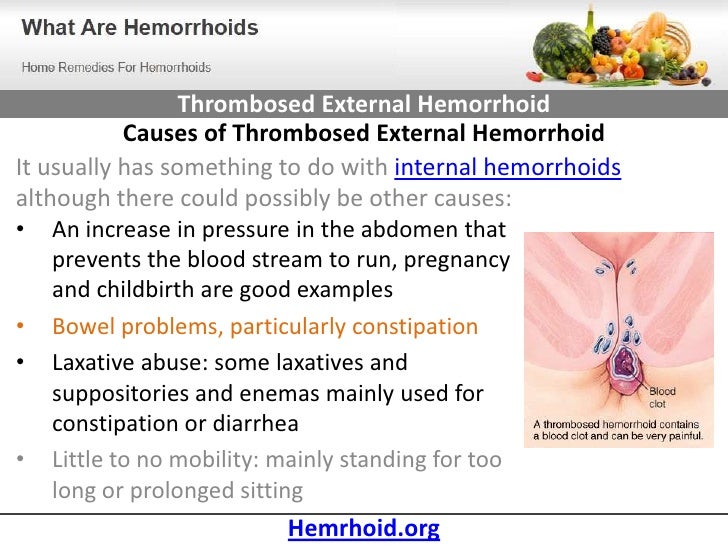
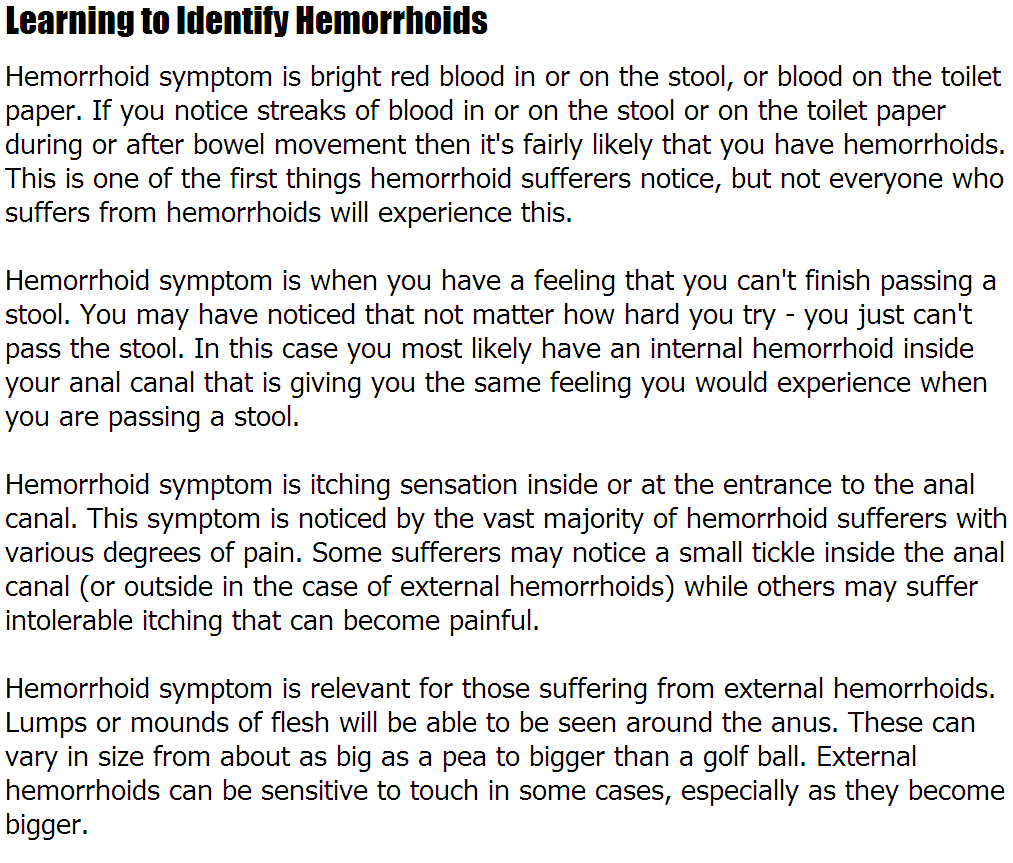
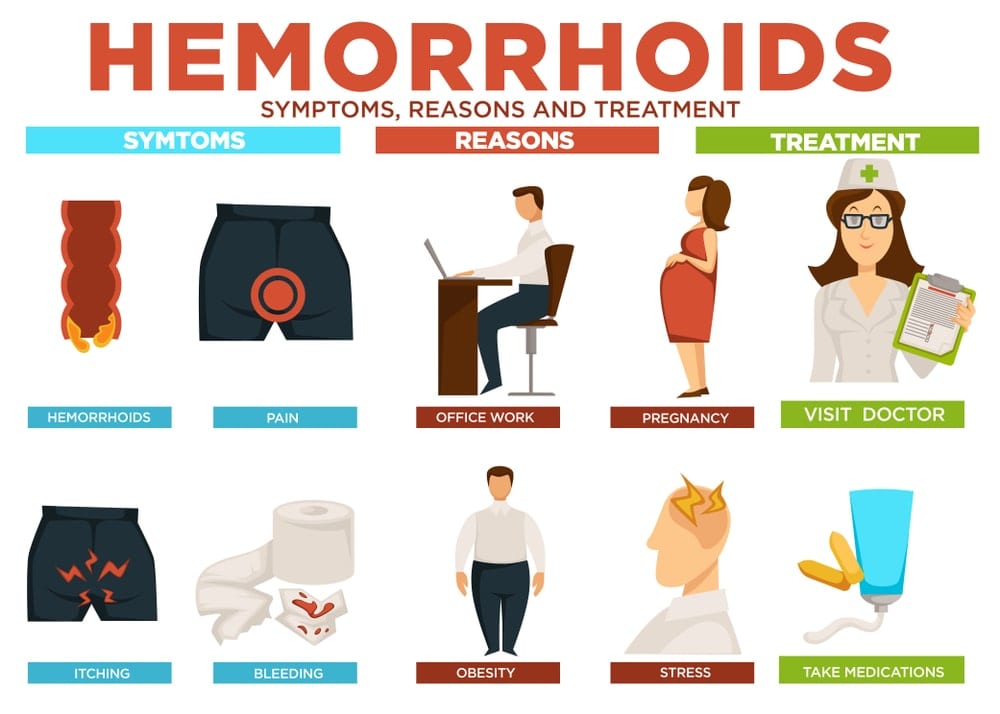
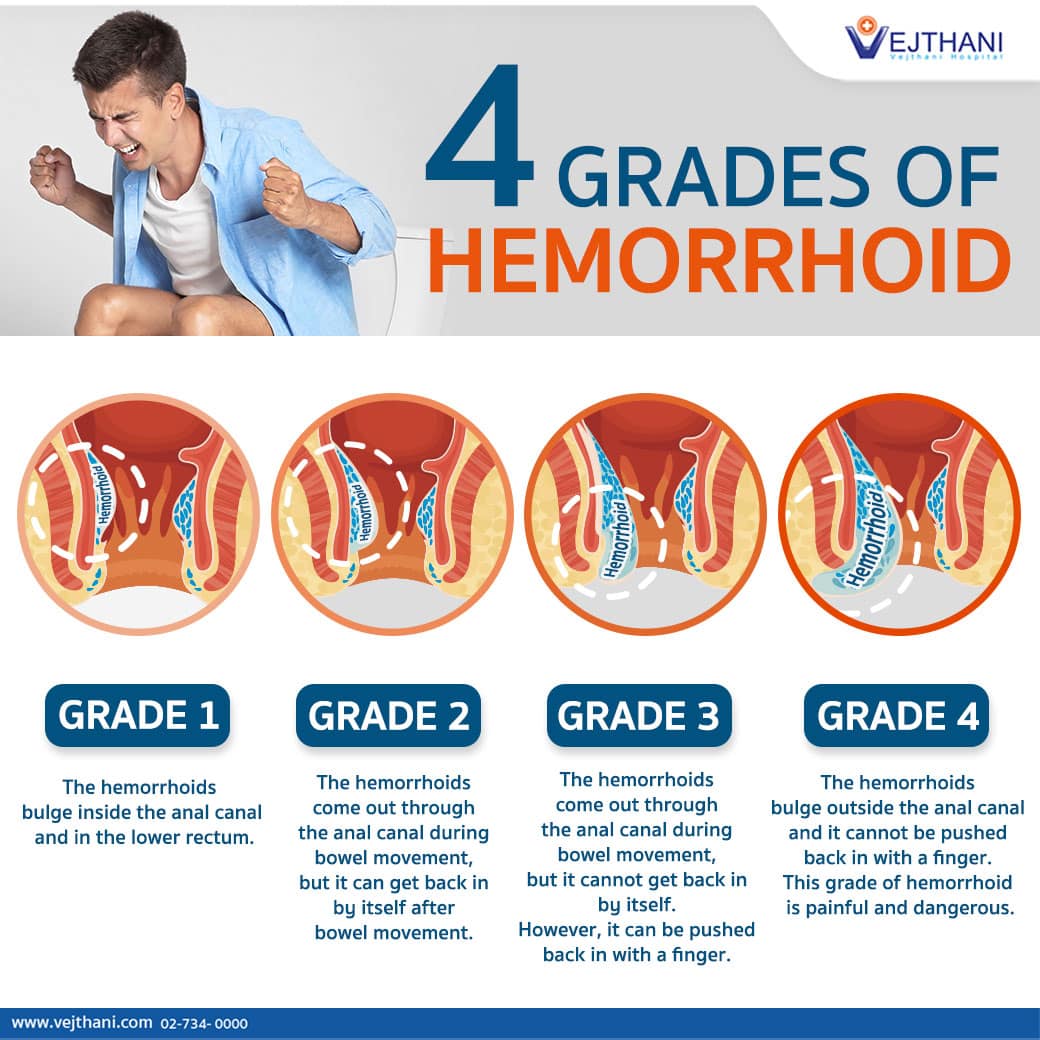

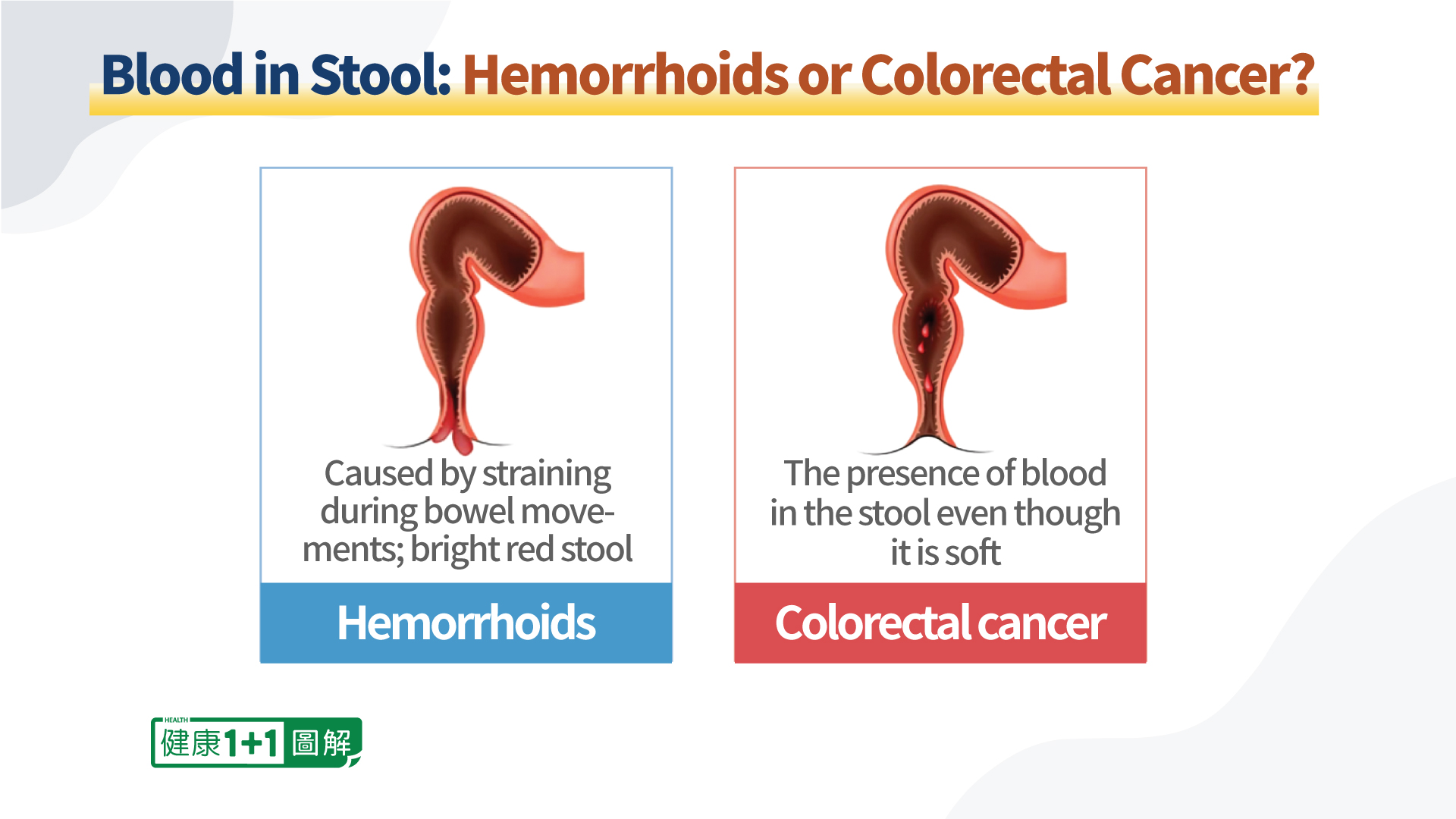
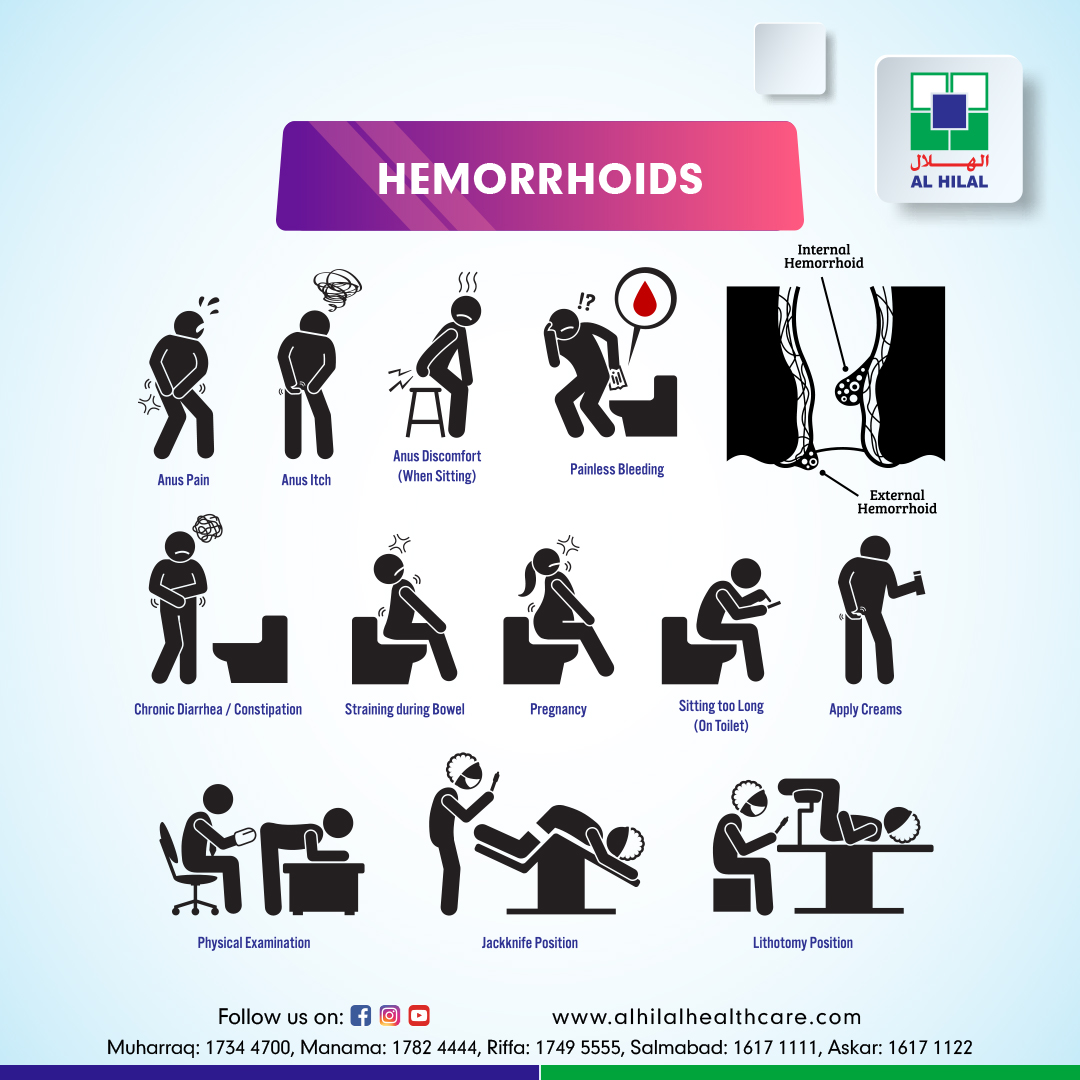






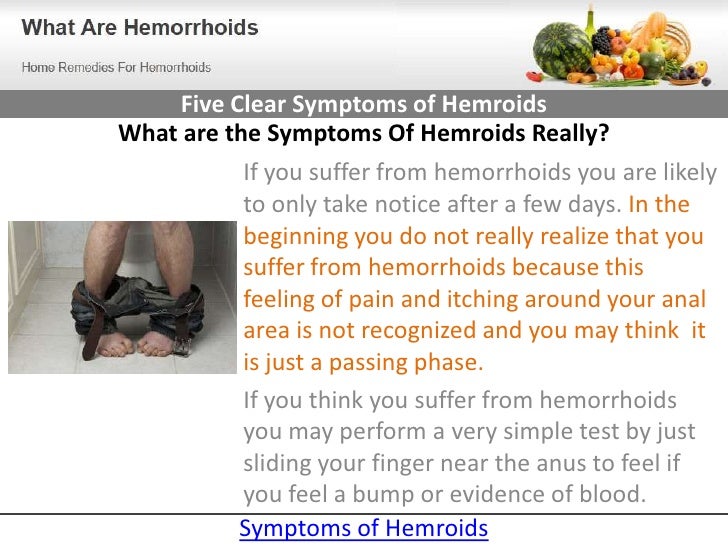

![What is Hemorrhoids? Facts about Hemorrhoids [Infographic]](https://www.findatopdoc.com/var/fatd/storage/images/_aliases/infographic_main/top-videos-and-slideshows/hemorrhoids/408598-1-eng-US/Hemorrhoids.jpg)
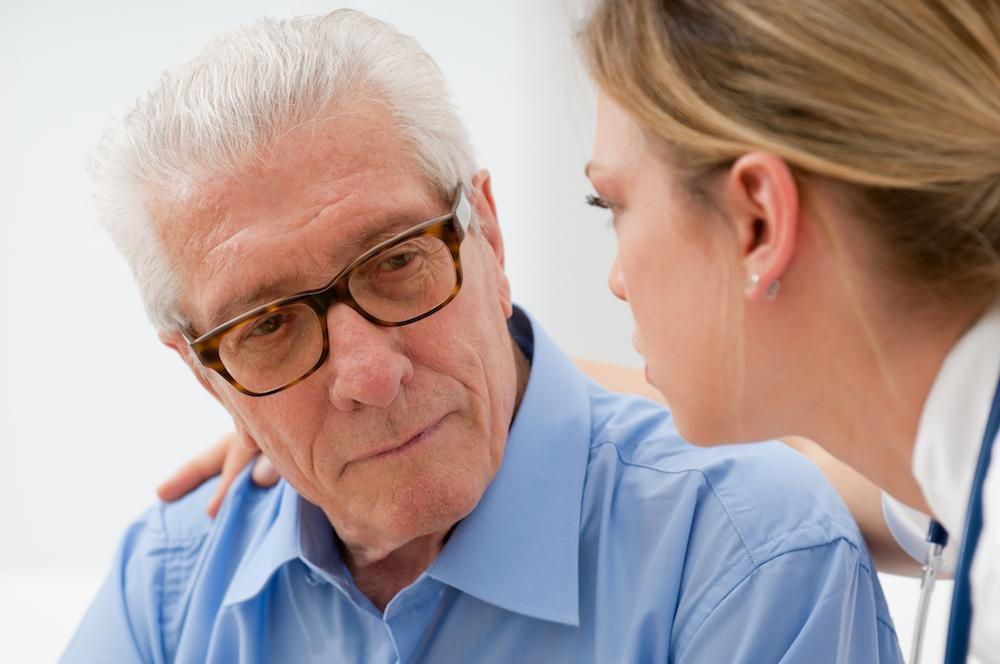
:max_bytes(150000):strip_icc()/hemorrhoid-treatments-and-home-remedies-89353-5c04b0c5c9e77c000149cec6.png)